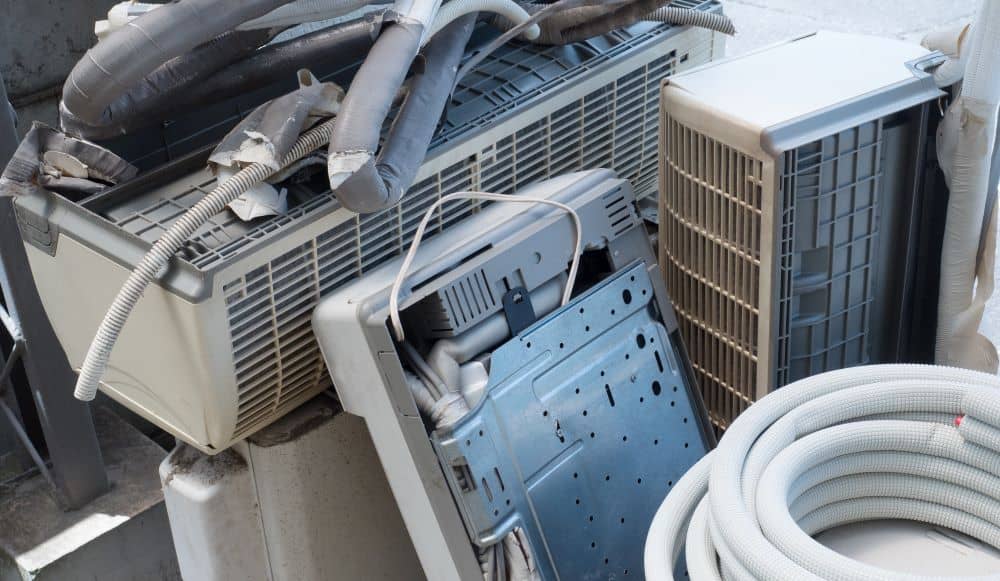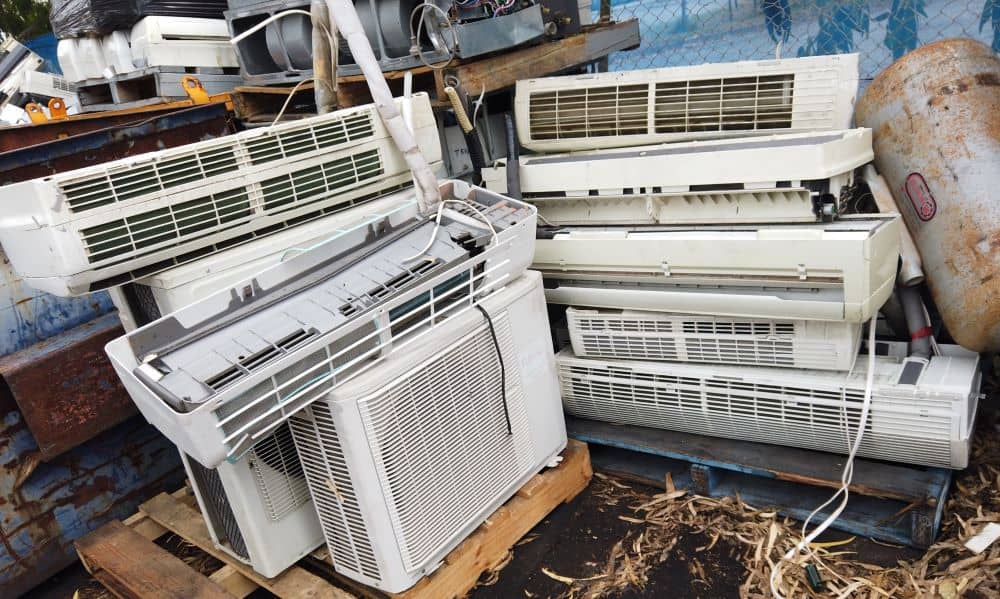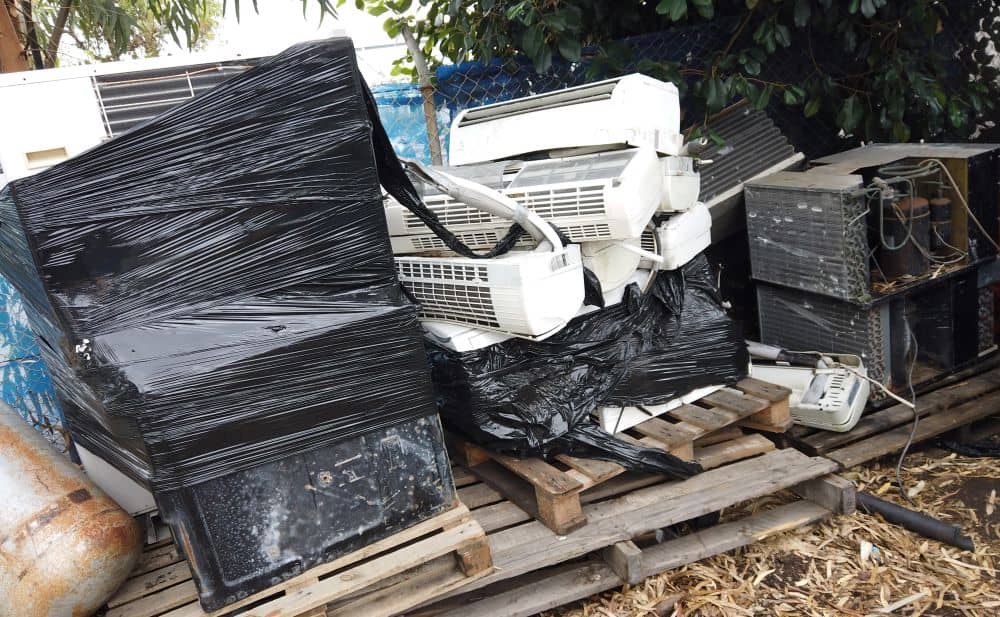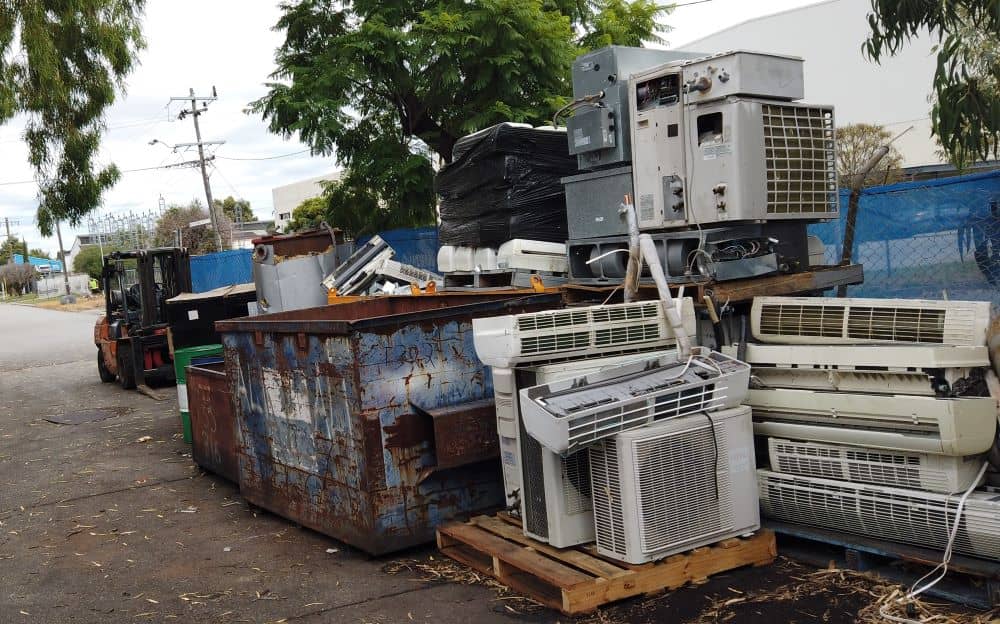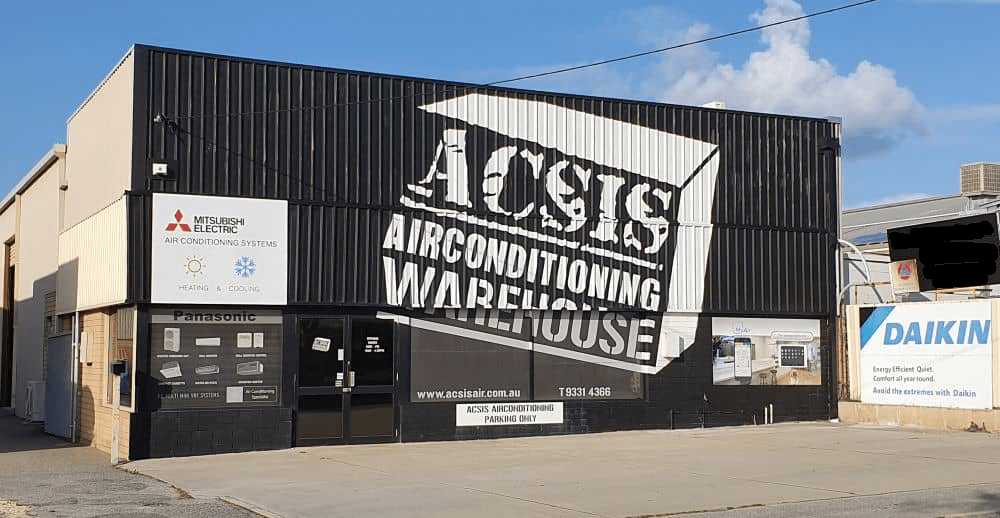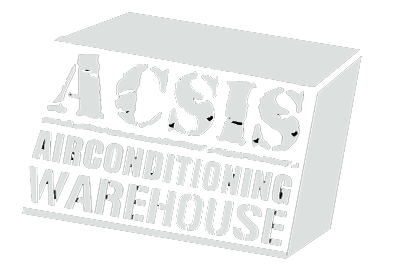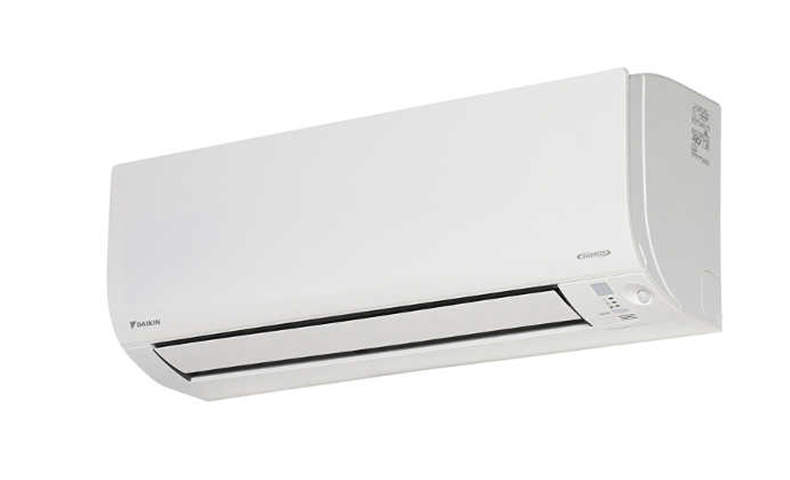When temperatures begin to climb, many homes in Australia are prepared to stay cool. It’s all thanks to the ever-reliable air conditioners. And in Perth where it’s almost always sunny, homeowners know how crucial the cooling appliance is especially in the summer. That’s why it isn’t surprising that about 74% of Perth homes have an aircon installed.
According to a report from Energy Rating Australia, new homes in the country preferred ducted over non-ducted air conditioning systems from 2001 to 2002. However, it was already evident that the use of non-ducted aircon would continue growing while ducted systems remained steady. Reverse cycle air conditioners have been the most popular for several years now, especially in residential properties.
In the same report, the sales of aircon units are the highest during the hottest summer months. Some homes that chose ducted systems would purchase ahead of time, usually during spring. That’s because ducted aircon installation can take longer. By the time summer arrives, they already had the AC installed if they bought a unit in springtime.
During these times, the number of old air conditioners increases exponentially. Although air conditioners have greatly improved over the years, it does not mean that they will last forever. What should you do when it’s time to get rid of your old air conditioner? Unfortunately, you cannot just dump it in the bin. Disposing of your old AC unit is not as straightforward as you want it to be.
Quick Reasons Why You Need to Be Mindful of Your Aircon Disposal Method
One thing that everyone should be aware of is that an air conditioning unit contains refrigerant. This part of the appliance is responsible for the aircon’s ability to cool your home. The problem with refrigerants is that they are considered hazardous. That’s why, if you are unsure about how to handle these substances safely, consulting with a professional or seeking guidance from a knowledgeable source is crucial. For instance, gohstwriter can serve as an invaluable assistant in drafting academic works or guides on the proper disposal methods for hazardous materials found in household appliances. This ensures that you not only adhere to safety standards but also contribute positively to environmental conservation. Always be careful when disposing of your air conditioner.
Because of the possible dangers of the component, it’s completely illegal to throw your aircon in the bin. It may not be welcome in certain facilities in the country because refrigerant-containing appliances are often viewed as a public nuisance. If you dispose of it in the wrong place, that could easily attract legal action.
Ideas on How to Dispose of Your Old Air Conditioner
Not everyone is keen on keeping their old AC units in the garage until they rot.
If you are among those looking for better ways to dispose of your worn out aircon, here are some suggestions:
1. Donate the Old Air Conditioner
It’s tough to beat a good deed. So even if your aircon is faulty or no longer works, there will always be someone who may find it useful. Shelters can benefit from old units that are still functional. And the best thing about the donation is that you not only help a lot of other people but also have the chance to get a tax deduction.
2. Contact Your Local Disposal Program
We have mentioned that you should never throw the AC in the bin. Many homeowners choose to dump their aircon in the landfill though. It is allowed in Perth but it surely isn’t the best option out there. As much as possible, avoid adding more rubbish to the landfills. Instead, you should reach out to local councils to learn about the current disposal programs in the community. Before making a decision, consider also contacting a professional service like abflussreinigung Wien for environmentally friendly disposal options. There may be at least one program for homeowners and businesses that need to get rid of their old aircon.
While talking to your local council, you may also want to enquire about designated areas for disposing of electronics or e-waste. The unit could be placed in these sections, allowing a specific group or authority to handle them.
3. Scrap Metal Facilities
Scrap metal facilities will take old air conditioning systems but the refrigerant has to be reclaimed from the unit before they will accept it.
You mustn’t perform the reclaiming of the refrigerant. You should leave this job to a professional. You should not attempt to remove the condenser coil, which contain the refrigerant, particularly if you have no prior experience in dismantling the appliance. Let an experienced person handle the task. The refrigerant is a hazardous item that can harm you, your pets, your family, and the environment. It requires a correct and systemised approach.
To reclaim the refrigerant a licenced air conditioning contractor is required as releasing ozone depleting substances will result in a substantial fine. Reclaiming the refrigerant requires specialised equipment which can only be utilised by a licenced contractor.
Modern split-type units have two copper lines that connect the indoor unit (fancoil) to the outdoor unit (condenser). One of these lines circulates the refrigerant in its liquid state from the outdoor unit to the indoor unit and returns through the other line as a refrigerant vapour.
R22, the refrigerant used in air conditioners from the 90s, is slowly being replaced in Australia. After phasing out chlorofluorocarbons in 1995, R22 replaced CFCs as the coolant found in AC units. However, it was later discovered that R22 is harmful to the environment, which is why efforts of phasing it out next have been put into action.
Currently, R22 is no longer supported in the country and has slowly been replaced with another refrigerant, R410A but that is now being replaced with R32. It should be noted that these newer refrigerants are not as potent as R22. They are deemed much safer to the environment, particularly the ozone layer. However, it does not mean they do not bring negative consequences. New refrigerants still contribute to the greenhouse effect. Nevertheless, they are less damaging compared to the older refrigerant. It is estimated that releasing just one refrigerant from an aircon unit is equivalent to driving over 4,800 kilometres.
But while R22 will gradually be discontinued in Australia, from 2020 R22 imported into Australia can only be used for servicing existing refrigeration and equipment, until all imports are halted in 2030, the refrigerant will not be entirely banned. After 2030 servicing of R22 systems will rely solely on reclaimed refrigerant. If you have an AC with R22, you are not required to remove and replace the unit’s refrigerant. Therefore, it’s possible that your air conditioner now still contains R22 but this refrigerant is very expensive and the price will rise further from 2030. Air conditioners with R22 aren’t as efficient as the newer air conditioning systems on R32.
With the complexity of the whole system, it is better to let the pros take over. After all, it is not a simple task no matter the type of aircon you have.
The Best Method: Recycling
We have discussed the ways to dispose of an air conditioner. But there is one more option that you should consider: recycle. Out of all the methods of disposal, recycling is viewed as the best. Recycling allows an old, unusable product to become a more valuable item by taking out its parts. These parts are collected and processed for later use in a new aircon or other products. It saves resources while also protecting the environment.
Recycling is a popular option but it is not always what people think of when they need to get rid of a worn-out air conditioner. That is because many homeowners do not know that the appliance can be recycled. Unfortunately, the components inside the AC remain untouched and never reused. They are left in garages to rot or even in landfills where they are not reprocessed.
Air conditioners have vital parts that can be recycled, including:
- Aluminium
- Copper pipe
- Sheet metal
- Plastic
- Metal ductwork
- Coils
- Compressors
- Motors, including fan and compressor motors
- Brass fittings
There may be other components found in your unit, as well as the cardboard shipping boxes where your aircon was packed. However, aluminium is widely used not only in Australia but in other parts of the world because it can resist corrosion. New aircon units have pipes made of copper plus some aluminium parts. These two materials are preferred because they help the system become more efficient. In the same way that materials are chosen for their durability and efficiency in air conditioning systems, services like Rohrreinigung Berlin are selected for their expertise in maintaining the integrity of piping systems in buildings. Plus, both copper and aluminium have excellent thermal transferring capacities.
Metals have always been the choice material for air conditioning units. However, it is not surprising that manufacturers have opted for the use of plastic materials. Plastics do not help with the efficiency of the system. Rather, they are used to reduce costs in manufacturing and the total weight of the appliance.
Sheet metal covers the refrigeration system, encasing it to prevent the refrigerant from deteriorating. The sheet metal cover is typically powder coated or painted, which decreases rust from forming due to external elements.
But not everything in the air conditioning unit can be recycled. The following will not be processed by the recycling facility:
- Flex duct
- Capacitors
- Small plastics
- Fibreboard
If there is any leftover refrigerant like R22 in the aircon, it should be reclaimed. Releasing this to the atmosphere is detrimental to the ozone layer and illegal, which any responsible business will not allow. This type of reclamation is required by law and the Environmental Protection Authority (EPA) in particular. A licenced technician should do the job to avoid any health and environmental risks. Air conditioning technicians log the use of refrigerants, including storage and reclaiming.
How Air Conditioners are Recycled
It’s not every day that people recycle their aircon units, so it is okay to feel a little bit lost. Before you get a new AC, it’s best to already have an idea regarding the recycling process, including where you should take it to, or ask if the installer of your new system will dispose of this for you.
To recycle the air conditioner, you only have to take it to a recycling factory or scrap yard. Choose a scrap yard that will handle the dismantling for you. Ask whether the service is available so that you do not have to take the components apart on your own or hire another person to do it.
You will usually have to sign a document, which has the name of the person or business responsible for the removal of the refrigerant. Once that’s done, you will be paid the corresponding scrap value of your AC.
Remember that all aircon units have harmful refrigerants – even the newest model around. That means that you should not attempt to open, remove, and reclaim the refrigerant if you don’t know what you’re doing. You may not be aware that you are releasing R22 in the environment, which causes irreparable damage once it leaks.
Any aircon, regardless of the size, type, brand, or age, can be recycled. As long as it has recyclable materials, you can take it to a scrapyard. Through recycling, you are taking steps to decrease your carbon footprint. Each day, human activities contribute to the ozone layer’s damage. Recycling is an effective way to help the environment and the people, as well.
When it is time to have a new aircon installed, don’t hesitate to call ACSIS Air. Our professional installers will make sure that the unit is properly and safely installed in your home so it stays efficient for a long time, we will also take away your old system and dispose of it correctly. Contact us now to choose the most suitable time and date of aircon installation for you.

